#pontic greeks
Text
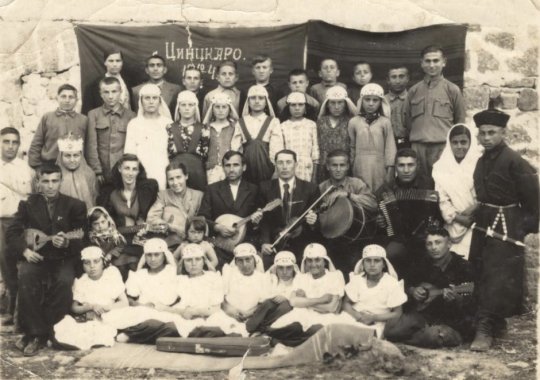
A group of Pontic Greeks in Tsalka, Georgia, 1949.
7 notes
·
View notes
Photo

(Image description: Drawing of Pontian man in zipka holding gun, staring into the distance.) Depiction of a Pontian guerrilla by Christos Giannopoulos.
Today, May 19th, we remember the Greek genocide.
We remember those who were forced from their homes, those who fled, and those who were killed in the same cities and towns where their families had lived for thousands of years.
We remember Pontian women who were abducted, raped, or forced into marriage.
We remember Pontian children who were orphaned.
We remember men who were sent to labor camps.
We remember families broken apart.
We remember those who resisted genocide and tried to defend their homes.
I remember my ancestors, those members of my family, who were killed. I hope the Turkish government will eventually acknowledge its wrongdoings and make recompense to the victims’ descendants. I hope to preserve Romeika and all Pontian cultural traditions for future generations. I hope we can all find peace.
8 notes
·
View notes
Note
Have you watched Κόκκινο Ποτάμι? And if yes, what did you think about it?
I haven’t. This series somehow totally passed under my radar when it was airing but I plan to watch it someday because it apparently is really good based on the imdb ratings.
Context for followers: Κόκκινο Ποτάμι (Red River) is a 2-season historical TV drama about the genocide of Pontic Greeks.
18 notes
·
View notes
Text

REBECCA TOPAKIAN - Il faut que les braises de Constantinople s'envolent jusqu'en Europe
[...] Like many others of his generation, he passed no knowledge of his past on to his children and never spoke of what he had experienced in Turkey, in Constantinople and Talas in Anatolia. [...] Considering that the disappearance of family history is one of the expected effects of genocide, in the same way as the destruction of memory and culture, I decided to investigate the history of my family on the spot [...]
0 notes
Text
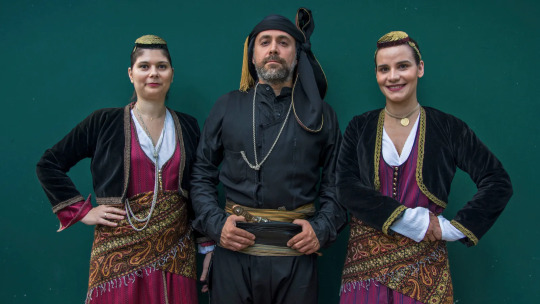
Pontic Greek people, from Turkey, by Demetrios Ioannou
#pontic greek#greek#turkey#asia#west asia#folk clothing#traditional clothing#traditional fashion#cultural clothing
176 notes
·
View notes
Text

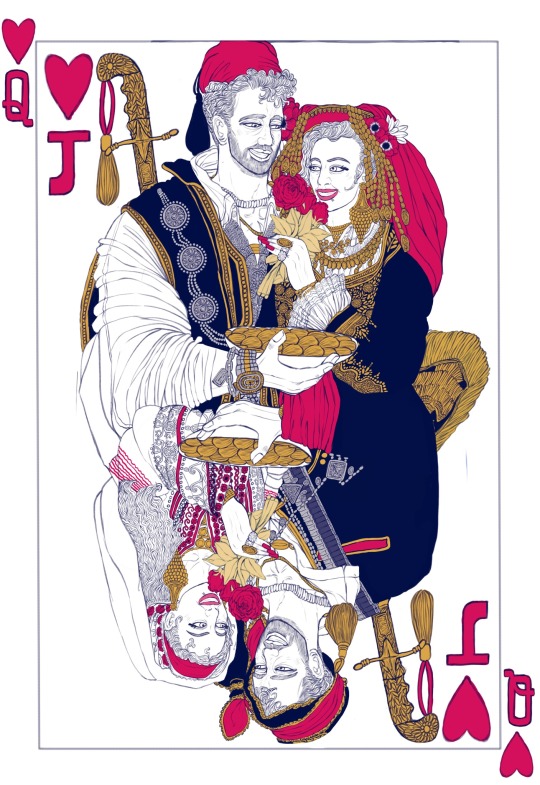
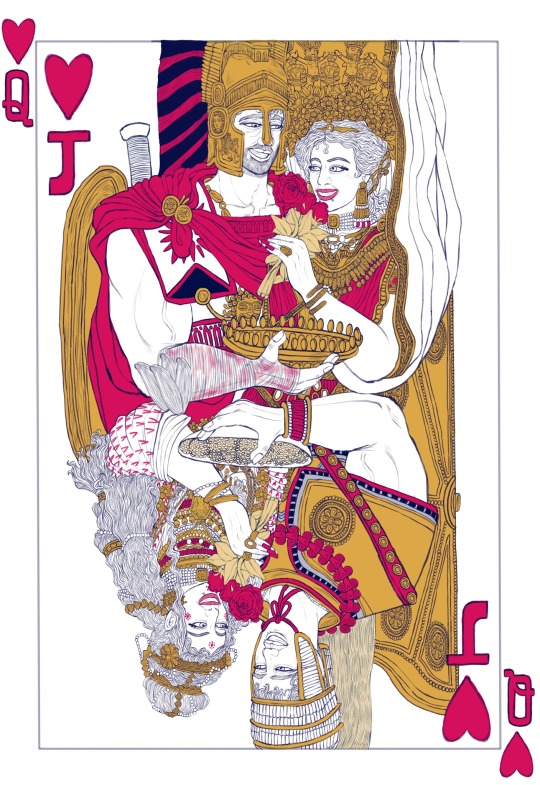

“The Queen of Hearts
She made some tarts,
All on a summer's day;
The Knave of Hearts
He stole those tarts,
And took them clean away.” 🃏❤️
Were inspired from the Halloween posts that I & @greypetrel shared with each other, since both of us still love gothic macabre spooky stuffs & didn’t want Halloween to fully go away. ♥️🃏
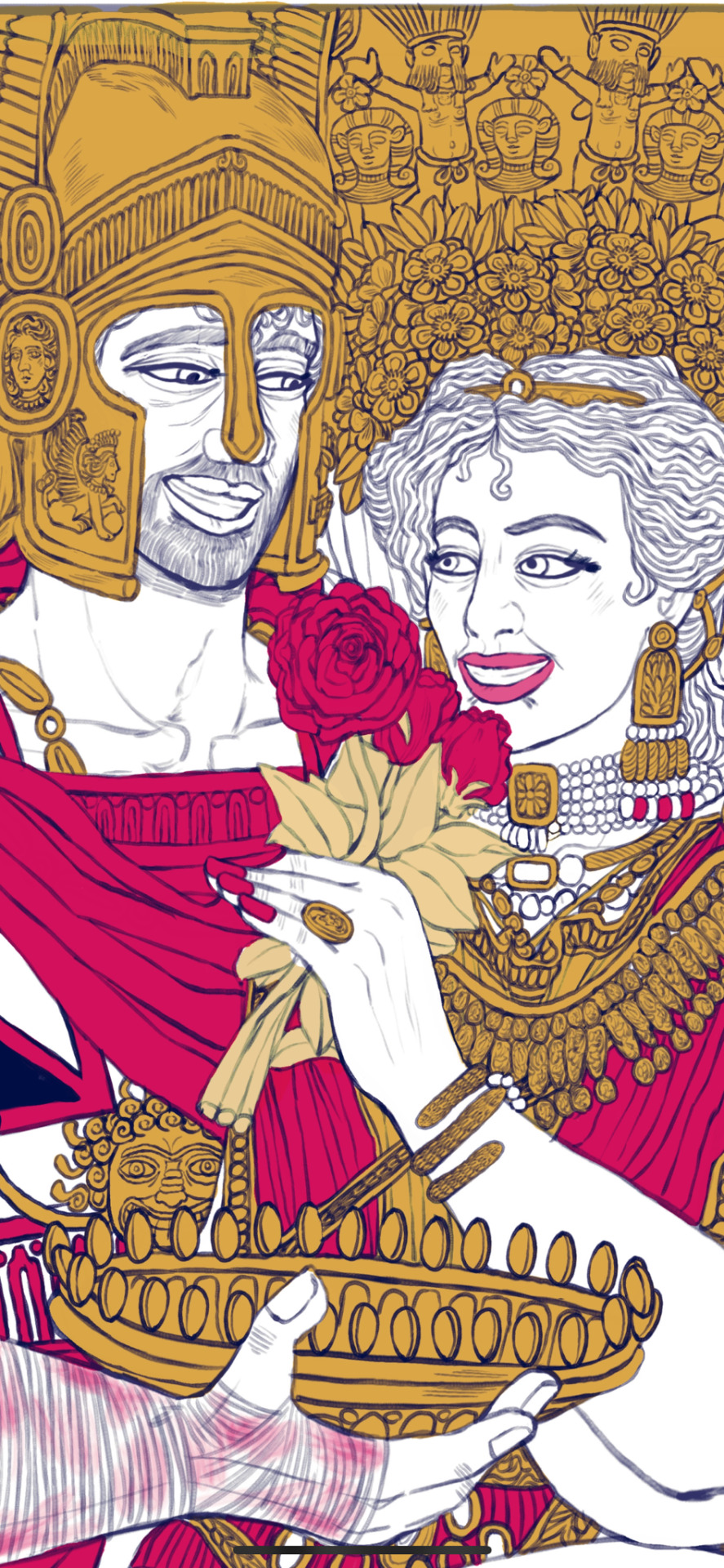

The 1st card depicted the clothing that I often drew them the most:Bronze Age Cypriot-Mycenaean Greek version & Classical-Hellenistic Greek version.
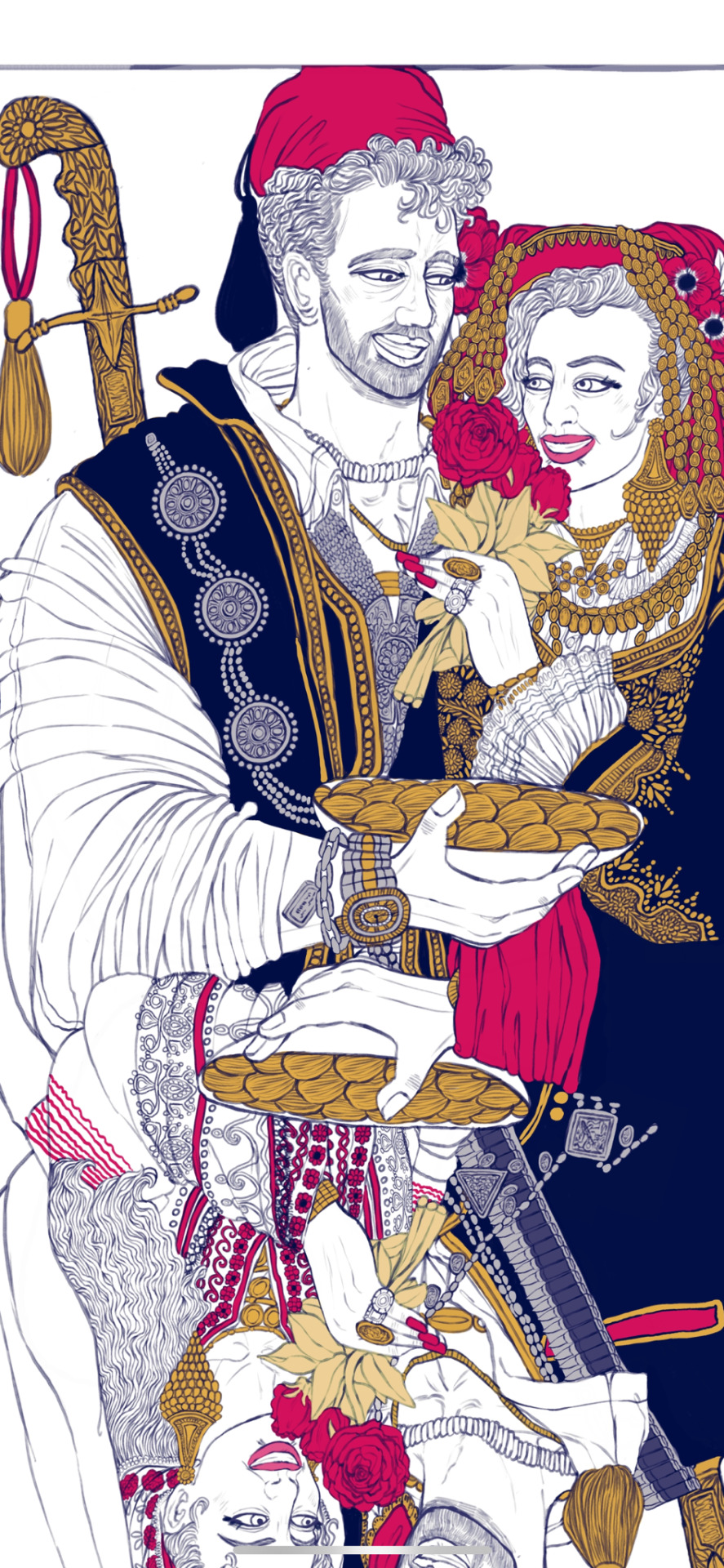

The 2nd one depicts Aphrodite in the festive rouziettin dress that comes from Cyprus’ urban areas & its traditional rural counterpart. It bears similar to the traditional Amalia dress of mainland Greece, and a lot of traditional wedding dresses were also festive dresses, after all. For Ares, his military fustanella dress comes from the region of northern Greece (perhaps somewhere in Macedonia-Thrace since he had always been associated with the military aspects as ”the god of war” & the northern barbarians). He also wore his Pontic Greek clothing as the god himself was also mythologically associated with that area, too. (The story of the Golden Fleece came to mind, as well as Ares’ island and the Amazons, too.)
#ancient greek#aphrodite#ares#my art#mars#venus#greek mythology#greek traditional costumes#greek folk costumes#pontic greek#cyprus
13 notes
·
View notes
Text
I believe in Latino Wolfwood supremacy as long as it isn’t made weird. I know as a Greek person, I can’t really talk but as soon as I see “X culture Wolfwood” the immediate thing I think about is him cooking a ton of food from x culture to feed the gang and cursing at Vash in his mother tongue.
And saying a version of “oh for fucks sake” in mother tongue.
Also having home remedies from x culture at the ready as soon as he feels unwell.
#it’s that simple in my head#the additional thing is him almost always having a cigarette hanging from his lips#outdoor cooking? he’s also smoking at the same time too#Pontic-Greek Wolfwood in my head is always feeding others and has a warped idea of religion#definitely believes that being a good person trumps going to church every Sunday#charity above everything else ESPECIALLY when it comes to children
2 notes
·
View notes
Text
Why is my dad strongly implying our family is also from the Pontus (as opposed to just Cappadocia) and either escaped or survived genocide in the middle of talking about how George Maharis died (rip to a former Playgirl centrefold). Do I not have enough going on right now.
#Pontic Greek#can you stop dropping complex lore I need seven business days to unpack for FIVE MINUTES????#mentioning a pro-abortion thing and he’s like oh your grandma’s cousin died from an illegal abortion in her late teens very sad. girl. what.#Egg talks#if anyone speaks Romaika and wants to talk hmu I guess???
3 notes
·
View notes
Text

0 notes
Text

“Preparations for the future of a young girl” by Christos Demarchou, Pontian artist from Giresun.
Young brides traditionally moved into the homes of their husbands’ families. They brought large dowries to support the household.
15 notes
·
View notes
Note
I've been studying a course at my uni that basically covers the Balkan Wars, which in result got me interested to research about the Armenian and Greek genocide.
in regards of the greek part I've found that academically it's apparently controversial to even refer it as 'genocide' and some people view it as 'greek propaganda'. Now, I know media in generally always try to fuel the hostility, given they're very political. But I've read lots of texts and to me thee terminology seemed appropriate.
i don't mean any offense to anyone. if I'm wrong, I'm more than happy to be corrected and read better sources if you or anyone else can provide.
Obviously, for us Greeks, the Greek or Pontic Greek genocide is an indisputable and grim historical phase from 1914 to 1922 and is commemorated on May 19th. Depending on who you ask, the death toll was 300,000 - 900,000 Greeks. The reason it is not widely acknowledged is probably because those who argue against it consider Greece partially responsible for the nationalist uprisal in Turkey after the Treaty of Sevres with which WWI victor ally Greece was gaining lands in Asia Minor and then the Greek Army did the incredibly idiotic attempt to march farther beyond the regions of the treaty. I understand how this would aggravate the nationalism and I totally understand fighting off the Greek army, but these numbers of indigenous civilian, women and children's deaths cannot be justified. If anything, at least they could deport them to Greece like it happened in 1922 with the population exchange. And then of course Greece was afraid Turkey would take revenge by invading it, so it immediately ceded to the Treaty of Lausanne and didn't ask for reparations for the civilians' massacres and then Greece and Turkey tried to move on. But of course the supporters of the recognition argue that such frightening numbers cannot be explained in any other way than that of the genocide. So far, the Greek genocide has been recognized by Sweden, Austria, the Netherlands and the state of New South Wales in Australia, besides Greece, Cyprus and Armenia of course, where it is a given.
I gave you the generic arguments used by those against the recognition. However, I must say I never saw any non-Turk call it Greek propaganda.
Of course Turkey will never admit to a genocide. They won't even admit to the Armenian genocide, which is recognized by 33 countries so far and has the even scarier death toll of 600,000 - 1.5 million, depending on who you ask. I don't know if you saw but a couple of days ago was the eve of the Armenian genocide commemoration day and the Turkish FM was pictured smiling and doing an ultra nationalist gesture towards Armenian protestors in Uruguay.......
The countries I mentioned for Greece have also recognized the Assyrian genocide (300,000 - 750,000) but there is even less awareness about it, probably because opposers claim the Assyrians' deaths were a "side-thing" because they lived together with Armenians. As if that matters.
#history#greek history#armenian history#assyrian history#pontic greeks#greeks of asia minor#anon#ask#mail#tw death mention#cw genocide
64 notes
·
View notes
Text
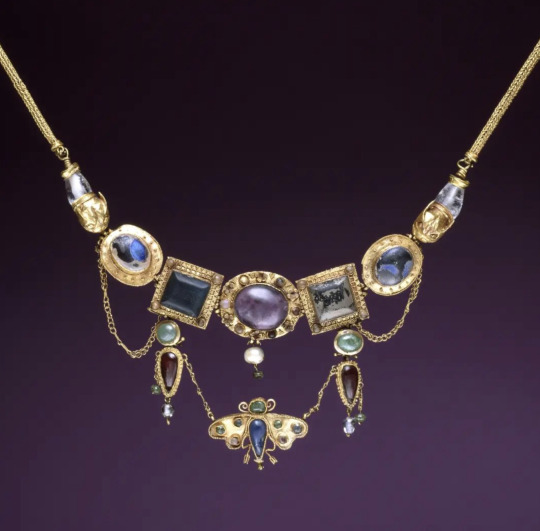
Necklace with a butterfly
This necklace was discovered in a tomb in Pontic Olbia, which is in present-day Ukraine. Olbia was a Hellenistic city founded in the 7th century BC as a Greek colony. The city was of great economic importance to the Greeks because of its harbor, one of the main trading posts along the Black sea.
This piece was found on the neck of the deceased. The butterfly was considered a meaningful symbol in ancient Greece. Butterflies undergo a drastic metamorphosis during their lives, and the Greeks associated this transformation process with the soul leaving the body, making this a suitable motif for funerary jewelry.
Image: Necklace with Butterfly Pendant, Greek, late 2nd-1st century BC (Hellenistic), © The Walters Art Museum
107 notes
·
View notes
Text
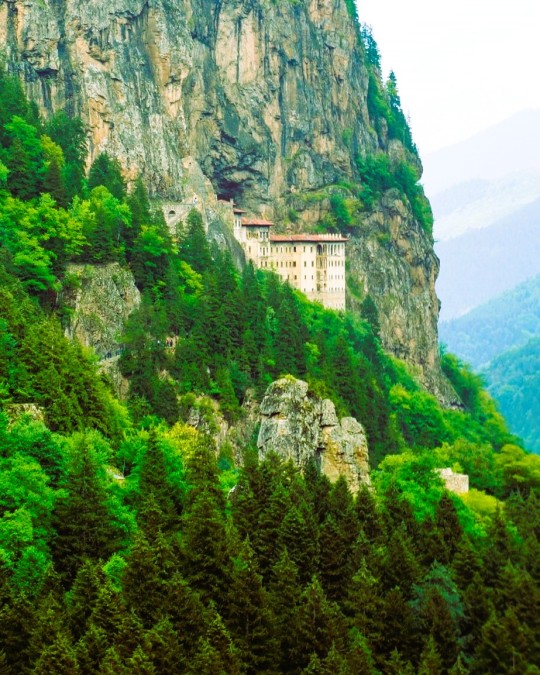
Soumela Monastery, Turkey: Sumela Monastery is a Greek Orthodox monastery dedicated to Mary located at Karadağ within the Pontic Mountains, in the Maçka district of Trabzon Province in modern Turkey. Wikipedia
58 notes
·
View notes
Text

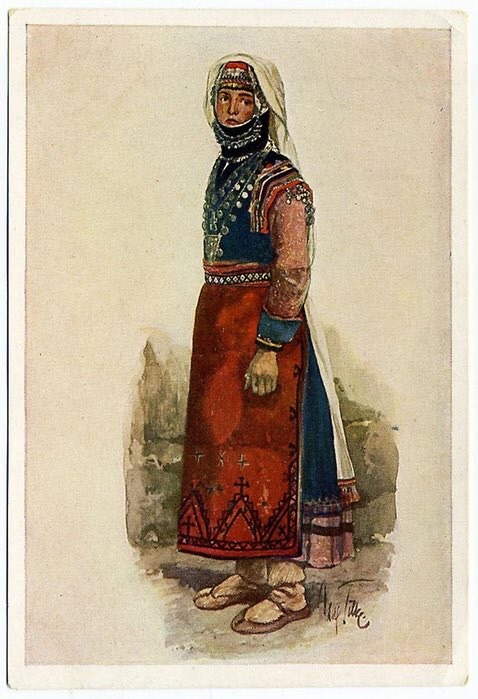

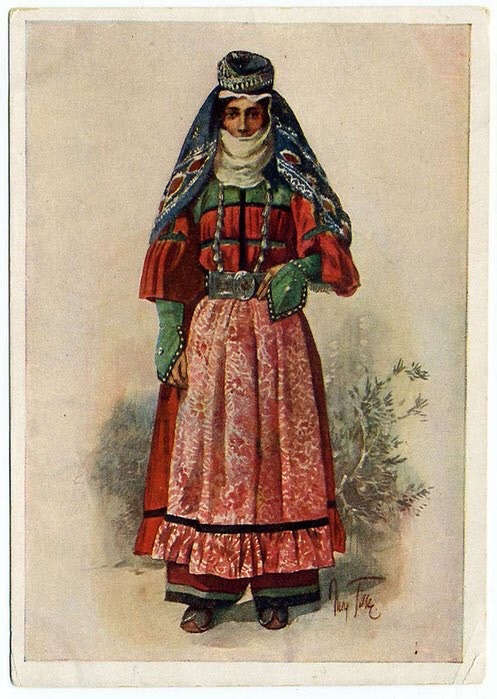
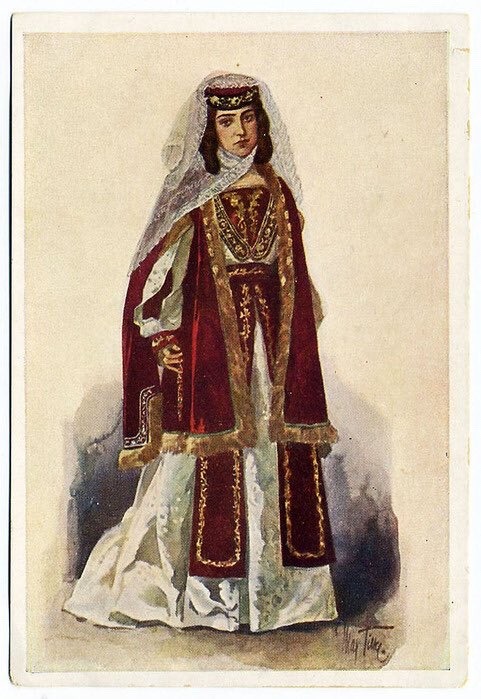

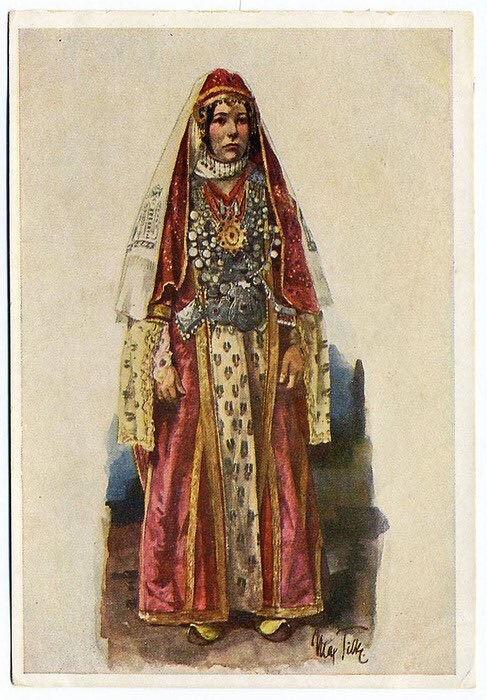
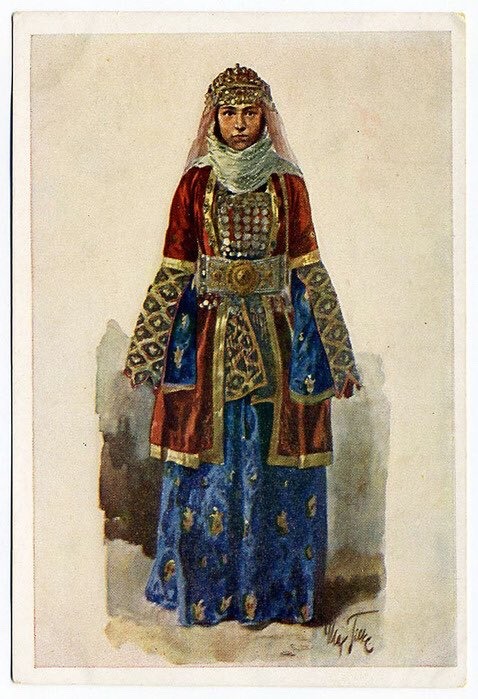

Ethnographic drawings of women by Max Tilke (1910).
Andi woman from Dagestan
Pontic Greek woman from Tsalka, Georgia
Udi woman from Nukha (Sakhi), Azerbaijan
Qarapapaq woman from Azerbaijan
Kartlian woman from Kartli, Georgia
Ingiloy woman from Saingilo, Azerbaijan
Georgian woman from Javakheti, Georgia
Avar woman from Dagestan
Azeri woman from Borchalo, Georgia
#ethnography#illustration#caucasus#traditional clothing#folk costume#folk clothing#ethnic dress#mine
69 notes
·
View notes
Text
idk i like the idea of spanish wolfwood teaching simela spanish, and simela teaching him greek
in her true greek nature, she would teach him all the swear words
edit: they would teach each other all the swear words before getting into the nitty gritty of stuff, i don't make the rules
#she teaches him all the weird ass sayings that make no sense when translated into english#she would also teach him pontic-greek too#and all the sayings from that dialect of greek too#YES AS A GREEK SPEAKER I KNOW IT'S SO CLICHE TO TEACH PEOPLE SWEAR WORDS
2 notes
·
View notes